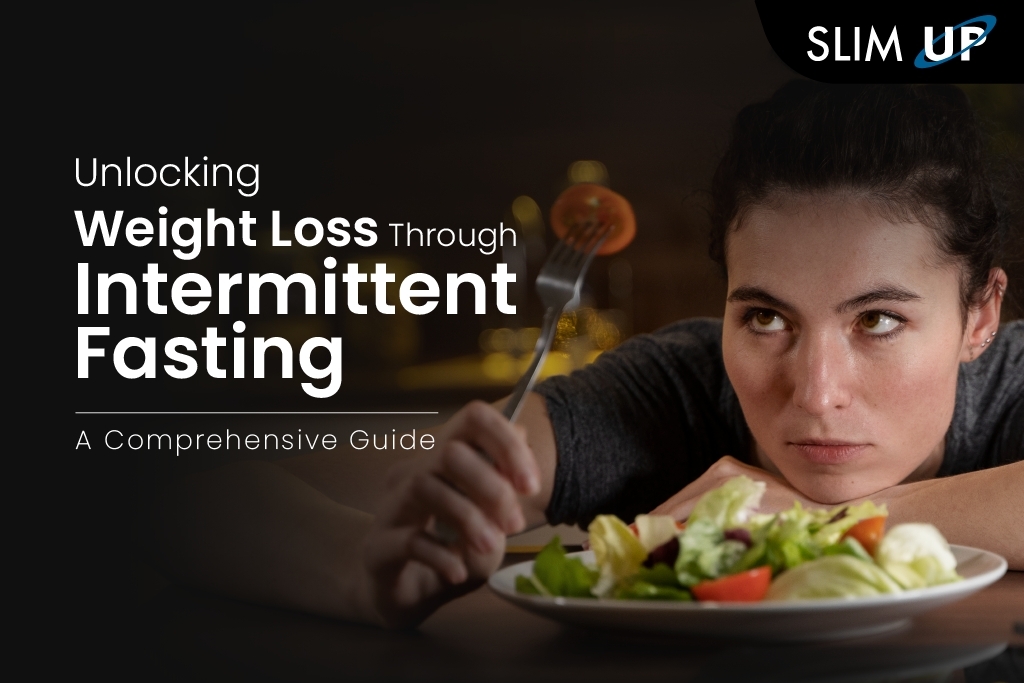
Exploring Intermittent Fasting for Weight Loss: An In-Depth Guide
In the realm of health and wellness, the concept of intermittent fasting has gained significant attention as a potential pathway to weight loss. This approach, which involves cycling between periods of eating and fasting, has intrigued individuals seeking effective and sustainable methods for shedding excess pounds. In this comprehensive article, we will explore the intricacies of intermittent fasting, delve into the science behind its weight loss effects, discuss different methods of implementation, and provide practical tips to navigate this journey towards a healthier you.
Understanding Intermittent Fasting: A Closer Look
Intermittent fasting (IF) is not just another fad diet; it’s a structured eating pattern that alternates between periods of eating and fasting. The fasting periods can vary in duration and frequency, creating several popular IF methods:
- 16/8 Method: Also known as the Leangains protocol, this method involves fasting for 16 hours daily and restricting eating to an 8-hour window.
- 5:2 Diet: In this approach, individuals consume their usual diet for five days of the week and restrict calories to around 500-600 on the remaining two non-consecutive days.
- Eat-Stop-Eat: This method involves a 24-hour fast once or twice a week, where no calories are consumed during the fasting period.
- Alternate-Day Fasting: Individuals alternate between fasting days and regular eating days, where fasting days usually involve consuming around 500 calories.
- Warrior Diet: This approach involves fasting for 20 hours and consuming all calories within a 4-hour eating window in the evening.
The Science Behind Intermittent Fasting and Weight Loss
- Caloric Restriction: Intermittent fasting creates a caloric deficit by reducing the overall time available for eating, which can lead to weight loss.
- Metabolic Effects: Fasting periods may boost metabolism, increase fat oxidation, and improve insulin sensitivity, all of which contribute to weight loss.
- Hormonal Impact: Intermittent fasting affects hormones like insulin, ghrelin, and leptin, influencing hunger and appetite regulation.
- Cellular Autophagy: Fasting triggers cellular autophagy, a process that removes damaged cells and may have implications for weight loss and health.
Implementing Intermittent Fasting Successfully
- Start Gradually: If new to fasting, begin with shorter fasting periods and gradually increase as your body adapts.
- Stay Hydrated: Drink plenty of water during fasting periods to stay hydrated and reduce feelings of hunger.
- Balanced Nutrition: Focus on nutrient-dense foods during eating windows to meet your body’s nutritional needs.
- Manage Hunger: Choose filling, high-fiber foods that help keep you satisfied during fasting periods.
- Stay Consistent: Consistency is key; choose an IF method that aligns with your lifestyle and stick to it.
- Listen to Your Body: Pay attention to your body’s signals and adjust your fasting approach as needed.
Potential Benefits Beyond Weight Loss
While weight loss is a primary motivator for many, intermittent fasting offers potential benefits beyond shedding pounds:
- Improved Metabolic Health: IF may improve insulin sensitivity, blood sugar control, and reduce the risk of type 2 diabetes.
- Heart Health: Some research suggests that intermittent fasting may lower risk factors for heart disease, such as blood pressure and cholesterol levels.
- Brain Health: Intermittent fasting may support brain health by promoting the production of brain-derived neurotrophic factor (BDNF), a protein linked to cognitive function.
- Longevity: Animal studies indicate that intermittent fasting may extend lifespan, although more research is needed in humans.
Considerations and Precautions
- Consult a Professional: Before embarking on an intermittent fasting journey, consult a healthcare provider, especially if you have underlying health conditions.
- Individual Response: Intermittent fasting may not be suitable for everyone. Some individuals may experience negative effects, including increased stress or disordered eating patterns.
- Balanced Diet: While fasting, it’s crucial to maintain a balanced diet when eating to ensure you’re meeting your nutritional needs.
Conclusion: Embarking on a Balanced Journey
Intermittent fasting offers a structured approach to weight loss that’s gaining popularity for its potential effectiveness and holistic benefits. While it’s essential to approach it with caution and consult a healthcare professional, many individuals find success with this eating pattern. As you embark on your intermittent fasting journey, remember that sustainable results stem from a balanced approach that prioritizes health and well-being, along with a keen understanding of your body’s unique needs and responses.